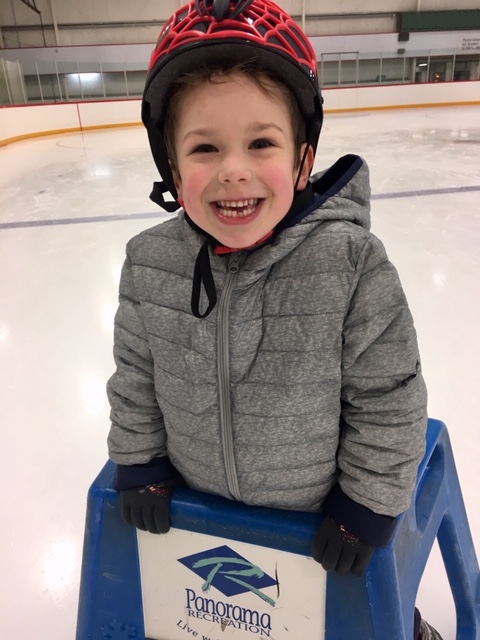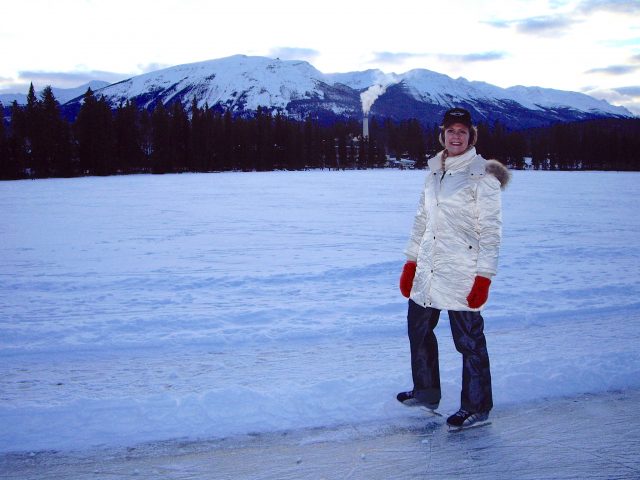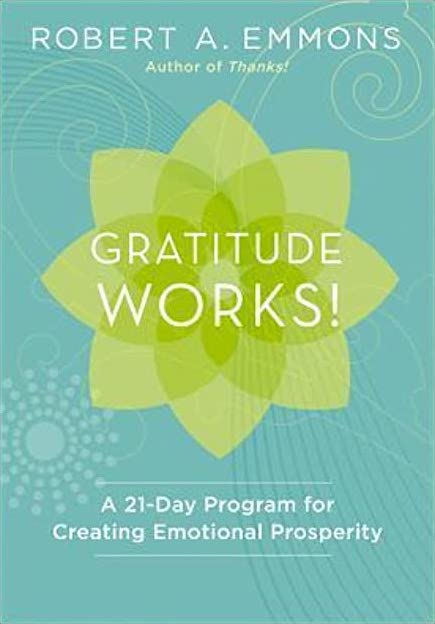Just a thought… I do not believe anyone can be perfectly well, who has a brain and a heart. [Henry Wadsworth Longfellow]
“How are you? I mean, really, how are you?” Do you have anyone in your life who asks you that? Because today I’m asking and have a good reason for it – and maybe some help if you feel you, or that person you love, need it.
This is a hard time of year for a lot of people when Seasonal Affective Disorder kicks in. Some 10% of all Canadians who suffer depression live with SAD (which can also hit in the summer, I’ve learned through reading for this journal). At this time of year, though, the daylight hours are shorter, the weather turns chilly and this year in particular, with COVID numbers rising again, economic stresses continuing and building, and hopes of get-togethers and travel dashed, it’s hard for people to stay positive.
I get that, I really do, and I’ll give you a personal example: on Saturday, what was to be Molly’s 16th birthday, I was hoping to hear that a puppy in Kelowna was going to be coming to us. I found him in an ad, checked with my sister who was going to meet him, and I had a few brief text exchanges with its owner.
But then I didn’t hear a thing either way; I only saw that the ad had been taken down. I’d made the stupid mistake of naming the puppy and imagining it in our lives, of working hard to persuade Rob that we could do this again, and of looking into how to get him from Kelowna to Victoria.
Here’s where I’ll ask you not to write with suggestions; I’m looking through every venue available for the dog that is right for us. Our beloved Molly and her “brother” Pepper were pet store purchases and although there are a million things wrong with that, I know, we were still lucky to find forever fur babies that way. (Mostly they involved me wandering into a store and Rob being ambushed by my sad eyes and a completely adorable puppy.)
As usual, some horrifically rotten apples and practices ruin it for everyone and here we are at the mercy of internet scoundrels, interminable waits or people who don’t have the kindness to let us down easy. Yeah, poor me, I know. We’ll find our new love, but I’m sad as I write this. His name was going to be Otis. And yes, we have another little pup named Colin who, along with his parents and sweet sister Jane, has brightened our lives like a trip to the sun; I take stock of our myriad blessings daily. But I’m being honest with you here too.
Combine COVID, SAD and the depression that is already so much a part of people’s lives (and add the splash of bitters that is the tense and possibly dangerous situation of an election looming for our neighbours to the south), and you have the makings of a tough season. You’ll recall that last Monday here I shared with you an amazing essay on gratitude written by a scientist; the ways to take tragedy and re-examine them in order to frame them differently as you move forward. Your responses to it were overwhelming and positive and I thank you. I stand by every point Dr. Robert Emmons makes.
But there’s a very real possibility that today someone you know is suffering from depression and it’s seasonally related. Perhaps it’s you. So when I happened upon this piece from CNN, I had to share some highlights. The experts quoted are introduced in the full piece, which you can read here.
Please give this a read. Take from it what you need, or pass this along, but just take a moment, won’t you?
Build a tool kit: As you brainstorm an approach to staving off SAD, one way to think ahead is to create an idea bank of your favorite ways to do self-care, be it long morning walks or late-night bubble baths. Physically writing them out is a way of getting away from ever-pervasive screens.
It can be a literal box. As you think of ideas, write them on a slip of paper and throw them in the box.
Wellness piggy bank: Spend some time journaling now, and reflect on the small pleasures around you. This is a mindfulness practice of really leaning into the sensory aspects of our experience, such as capturing in our mind’s eye the beauty of a flower blooming in the backyard, or the aroma of an autumnal-scented candle wafting in the air.
Or it could be listening to the nostalgic sounds of a favorite band’s music, which allow us to emotionally reenter a previous era of our lives when things seemed less uncertain. Keep track of these moments, and if things feel bleak this winter, reread your list or add to it with more little joys you see.
Seeking light: As you navigate winter, there are small tweaks to your day that can help you get the extra light you need.
That could be taking your coffee by the window in the morning. Put your desk next to a window. Or that could be something simple such as not wearing your sunglasses when outside to fully soak in the sun’s healing rays.
Happy lights: One of the primary treatments for seasonal affective disorder is bright light therapy, which has been described as clinically effective since the 1980s. You can find one that works for you and your budget by searching online for light therapy lamps, which work by emitting full-spectrum light similar to sunlight.
About 20 to 60 minutes of exposure to 10,000 lux of cool-white fluorescent light can be associated with a significant improvement in mood, according to a 2009 study by researchers from the University of Maryland.
Spend a weekend cooking: When you’re up for it, consider cooking a big helping of cozy, hearty soups, packed with nutrition. Give yourself something to eat for times when you don’t feel like doing anything.
Find something to look forward to: With fewer special events, conferences and vacations, every day starts to feel like Blursday. That’s why it’s particularly important to try and still plan something special for Halloween, Thanksgiving and the winter holidays, even if a gathering needs to be small, outdoors or physically distant.
This year that could mean setting up a special space outdoors with a space heater or twinkle lights and inviting over just a few close friends. Having things to look forward to is important for regulating your mood.
Find a therapist: One of the best balms for a weary soul is still professional help, and during the pandemic, telehealth services have become more accessible. Receiving counseling online has been shown to be comparable in efficacy to seeing a therapist in person, according to a 2017 systematic review study.
I’ll add one more and I’m not a doctor – haven’t even played one on TV or the radio! Don’t be afraid of prescriptions. They’re not right for everyone, and I’ll tell you that I have tried several over my lifetime so I know whereof I speak. Just find a doctor who will listen, who may even suggest some of the ideas above and then will hopefully point you in the right direction.
Sickness isn’t weakness and, as one of those who do take a pill a day to keep our serotonin levels where they should be, I’ll remind you of the old saw that if you’re diabetic you don’t judge yourself for taking insulin. Depression is real and this year it could be a double or triple dose. Don’t ignore the signs. Don’t hesitate to ask for help. You don’t have to do this alone.
I’ll be back with a Thursday journal to tell you about a project I’m involved in that may just help lighten your spirits a little further. I know it has mine. Busy is good, but being busy doing something you love and which may help others? That’s my favourite kind of busy.




